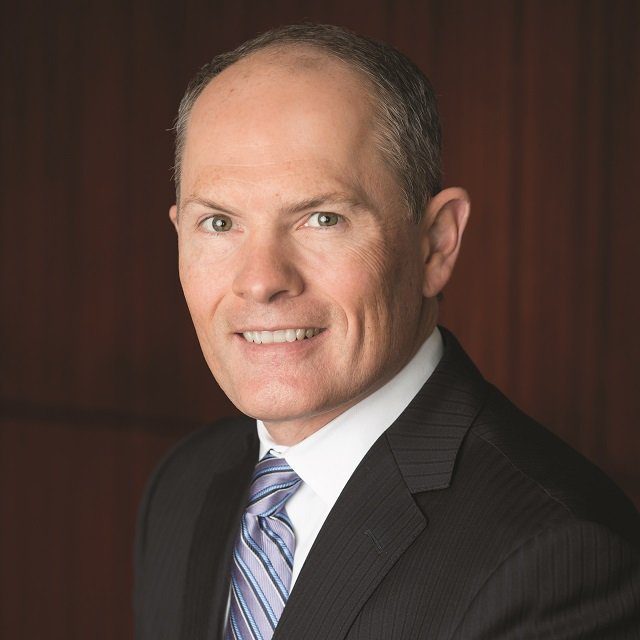Clients Need Help With the Bad Days, Too: Allianz Life's Corey Walther

By integrating risk management, a financial strategy can account for the many known and unknown risks that arise during the decades after someone leaves the workforce.
We’re really focused on promoting, educating, training and developing thought leadership around how advisors and investors can complement their financial planning process by incorporating a level of risk management.
What forces out there are helping, and what forces are hurting?
Financial technology is helping advisors better serve clients with new tools to improve decision-making.
This is especially important for helping clients figure out how they can optimize their Social Security benefits. Social Security should be a cornerstone of a retirement strategy that you then stack on other income streams.
Increasingly, clients want financial professionals who use these kinds of tools.
Our recent study found that the majority of people more than 10 years away from retirement (58%) expect their financial professional to be tech savvy, offering interactive tools to understand their finances under a variety of scenarios.
This expectation is a trend that we believe will continue.
The speed of innovation and adoption of new technology still needs to catch up with consumers.
Financial professionals leaned into digitalization during the pandemic to make the operational side of the insurance business a little less clunky, but more can still be done to make doing business easier. To succeed with tomorrow’s customers, financial services must become a data-driven, differentiated, and hyper-personalized experience.
What do you think your market (or your specialty, or the world) will look like five years from now?
We are moving toward a more holistic view of financial wellness. It’s not just about picking an individual stock, ETF or mutual fund. Wealth management is being reframed to be cost-smart, tax-smart, and risk-smart.
Financial wellness captures more than accumulation of wealth to give clients holistic guidance to deal with external factors like equity volatility, rising interest rates, sequence of returns risk, longevity risk, and other challenges in retirement.
We’re also incorporating more asset classes into retirement income planning like defined-outcome ETFs and annuities as an asset in 401(k) plans. Everyone’s financial picture is different, so there’s no one-size-fits-all answer.
Moving toward holistic advice will help financial professionals who want to grow. Many offices are expanding, using a teaming model, to offer more services in one place. As the world has become more complex, financial professionals have added tax management and legal resources to their teams.
Along with that holistic view, people want more tailored strategies with easier access to their current financial well-being.
Financial services is continuing to become more data-driven and hyper-personalized.
Consumer and investor expectations have increased. People want to be able to view the entire financial wellness picture on their phones.
What, if anything, should readers or other players, such as industry groups and members of Congress, be doing to bring about positive change?
One of the important ways people can bring about positive change is to promote and support financial literacy.
As a result of the shift away from defined benefit plans and pensions, individual investors now carry the burden of building a retirement portfolio that can weather different market conditions as well as deliver a sustainable income stream in the face of challenges such as longevity risk.
At Allianz, we partner with a variety of non-profit organizations to work with students of all ages to further this effort and invest significant resources in education for financial professionals and consumers.
Specific to our industry, there’s an opportunity to create more awareness of the different careers in financial services including career paths such as apprenticeships.
Lastly, we need to continue encouraging regulations that support innovation, accelerate the streamlining of digital capabilities to improve the ease of doing business and enhance the client experience.
Corey Walther. (Photo: Allianz Life)




